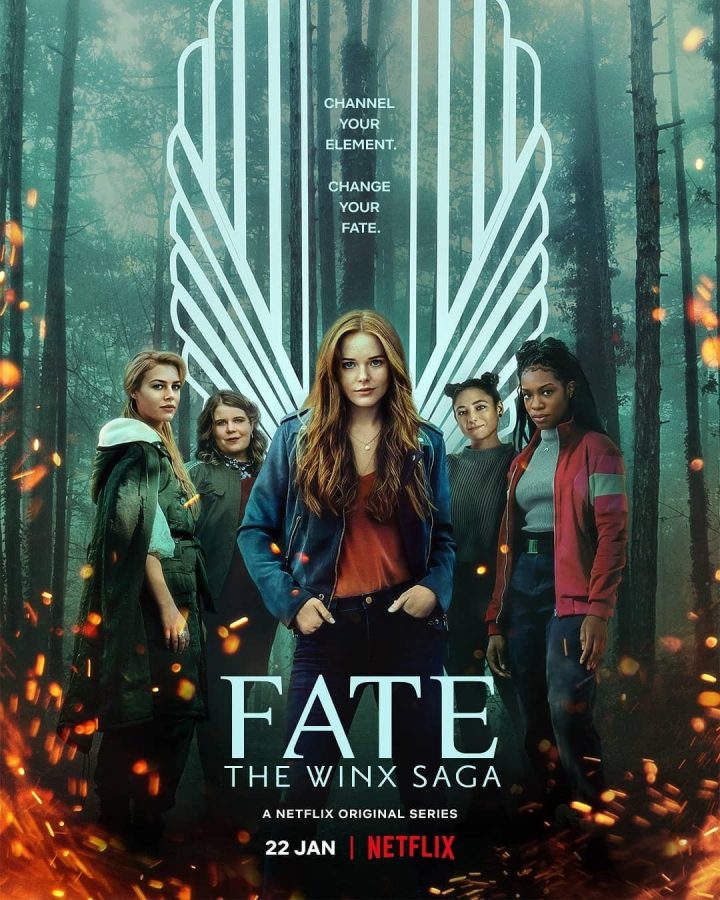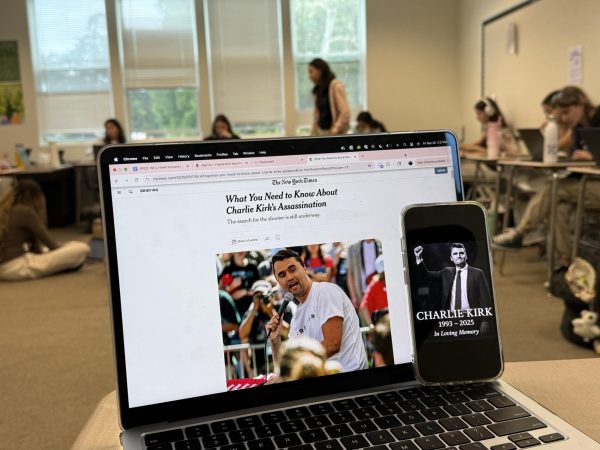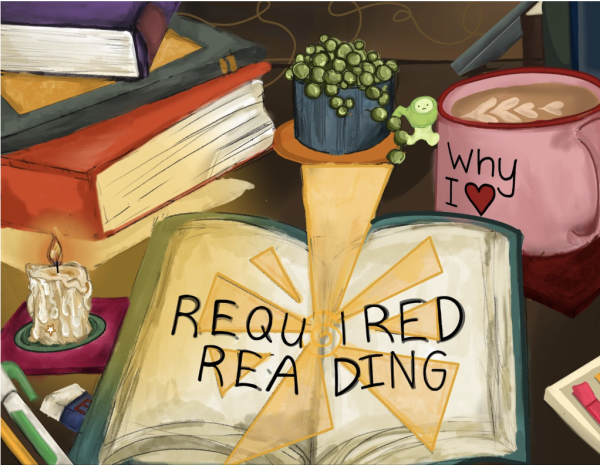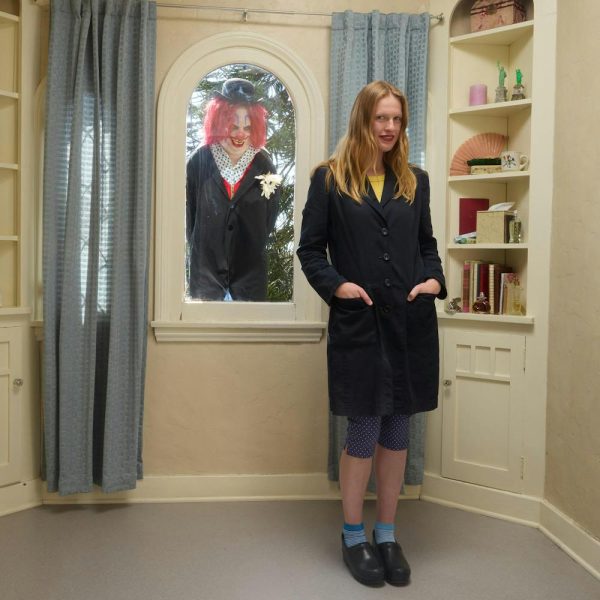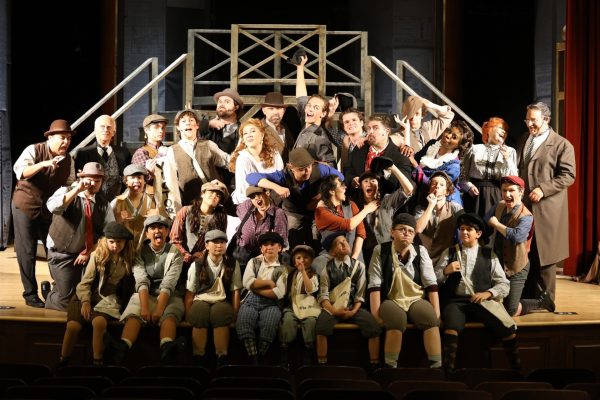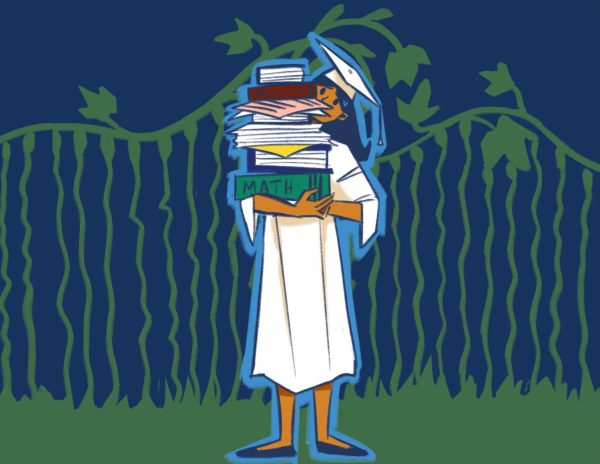Review: Fate: The Winx Saga Disappoints With Thinly Developed Characters and Overly Complex Plot
From left to right: Fairies Stella, Terra, Bloom, Musa, and Aisha.
When Netflix released the fantasy TV series Fate: the Winx Saga, I was beyond excited. What could be better than a remake of one of my favorite TV shows growing up? What better way is there to commence the new year? Right? Wrong.
The poor portrayal of friendship and overloaded plot shot down all my hopes and dreams and made for a disappointing effort.
When protagonist Bloom Peters, played by Abigail Cowen, discovers that she is a fairy, able to control elements and tap into others’ emotions, her journey begins with her new life at Alfea College, a boarding high school dedicated to educating fairies. She is accompanied by her four suitemates: princess of light Stella (Hannah van der Westhuysen), Earth fairy Terra (Eliot Salt), mind fairy Musa (Elisha Applebaum), and water fairy Aisha (Precious Mustapha). As she faces dramas that threaten her friendships, powerful enchanted monsters creep onto the ground of Alfea.
This series is produced by Brian Young, famous for writing television the adaptation of the Vampire Diaries. While the original cartoon targeted a younger audience and placed emphasis on themes of girl power and friendships, the 2021 remake aims for an older audience by including issues regarding body image and love triangles.
What really made this show a “no” for me was how all of Bloom’s friendships seemed obligatory. She and her roommates were constantly in fights, but when any of them were in trouble, the others would always rush to help, simply because they shared a room—how convenient.
In episode three, when the girls are at a party, all split into smaller groups. Aisha and Bloom pair up and eventually became upset with one another over some minor issue too obviously over-contrived to even be memorable. Bloom drunkenly wants to confront the headmistress for lying to her about not knowing anything about her past, and Aisha, like a good friend, argues that Bloom should wait until she is sober before talking to her superior.
Wait a minute. . . did Bloom really need to be told that she should not talk to her teachers while drunk? Perhaps only some fairies are blessed with common sense and others deprived of it. Bloom and Aisha’s dynamic here is not that of friendship but more of adult and child.
“I’m done pulling you from the edge, Bloom,” Aisha says to her. “If you want to jump, jump.” Bloom responds to the situation by angrily leaving the party alone. Other than arriving with her roommates, Bloom never interacts with any of them other than Aisha. However, not three minutes later, when Bloom comes in contact with an enchanted monster later, all her suitemates group up immediately and risk their lives for her. Maybe you have to be a fairy to understand the loyalty that lies beneath their friendship because I certainly couldn’t see it.
Bloom makes for a lousy protagonist. Immature, irrational, she is the one who is constantly dependent upon her friends to keep her in check or to save her when she messes up, but rarely are those acts of sacrifice reciprocated. And even when they were, I had a hard time believing that any one of them really cared about the others. Friendship here seems to be the solution to every problem. Nevermind personal responsibility or self-sacrifice.
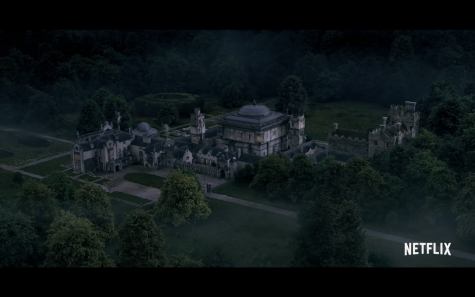
The plot was also too complicated. There was the main problem of the enchanted monsters attacking the school and smaller issues of identity, sexuality, boy problems, family disputes, and secrets the school is hiding. In episode five, viewers learn that Bloom’s love interest is actually spying on her for a teacher, Stella (whose mother pulled her out of school in the previous episode) returns, Bloom breaks out a criminal confined within the school (against the opinions of her friends). Bloom thinks the Headmistress is purposely hiding secrets from her. And the list goes on. Mind you, all of this happens in fifty minutes. There were just problems piled upon problems. When I got to this point in the series, I was honestly thinking, “How are they ever going to resolve all of these issues? There’s just too many!” That, combined with the shallow characters, left me feeling disconnected from the characters and confused as to why they made certain decisions.
Despite all that, I do have to say that the location of the series is breathtaking. Filmed in County Wicklow, Ireland, viewers are shown a blend of towering trees and vast forests with elegant, grand buildings. The scenery alone is at least half of why I watched the series to the end. The other half was pure nostalgia mixed with the fading fumes of hope that it would get better. It didn’t.




























![Dr. Zanita Kelly, Director of Lower and Middle School, pictured above, and the rest of Westridge Administration were instrumental to providing Westridge faculty and staff the support they needed after the Eaton fire. "[Teachers] are part of the community," said Dr. Kelly. "Just like our families and students."](https://westridgespyglass.org/wp-content/uploads/2025/03/dr.-kellyyy-1-e1748143600809.png)






















